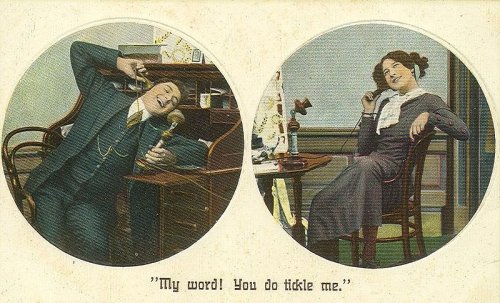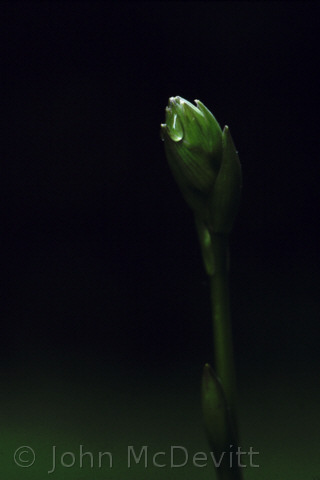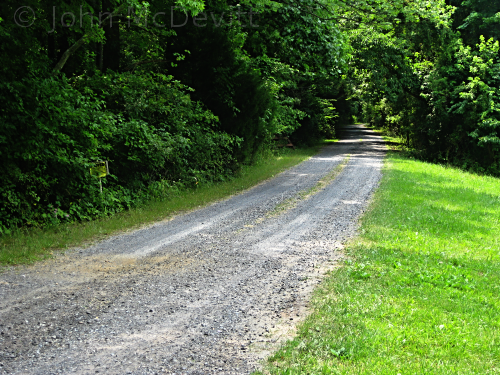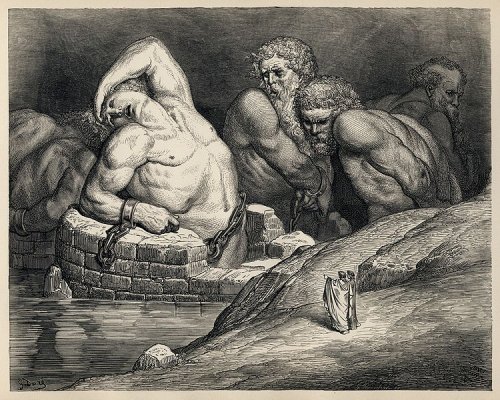 I don’t know what I’m thinking until I write. I can’t remember who said that or if my remembering is even accurate. Writing has nothing to do with word processing, the eternal quest for the perfect editor or the latest megaflop — do everything faster — super computer. Technology is the enemy of writing, a simple quill pen is much better.
I don’t know what I’m thinking until I write. I can’t remember who said that or if my remembering is even accurate. Writing has nothing to do with word processing, the eternal quest for the perfect editor or the latest megaflop — do everything faster — super computer. Technology is the enemy of writing, a simple quill pen is much better.
All writing begins in our minds. Writing is exploring and releasing our ideas onto the page. Writing (the real kind) is discovery. I’m not kidding about the quill pen either. When you write longhand, there’s a direct connection between your mind and your hand moving across the page. Barriers dissolve when I write with my fountain pen.
When you sit staring at a blank computer screen wondering what to write and little or nothing going through your mind ends up on the screen, your thoughts and ideas can slip away forever. When you just write what’s on your mind and edit later, you will have too much and much of what you’ve written will be crap. But you will never lose any of your thoughts and the gems will be there for harvesting.
“But I might make mistakes” you say. I sure hope so. Your inner critic, that pain in the butt editor delights in pointing his or her finger and telling you what’s wrong even as you write (or try to). Your inner critic wants to play it safe.
Creativity isn’t safe, it’s risky. Your creative self, your dragon doesn’t understand the concept of mistake, only discovery and play. So called mistakes are how we learn and how we grow.
How will you know what you’re thinking or how your ideas will pan out until you write uninhibited? Word processing is the enemy of writing because it stands in the way. Word processing is packaging, the antithesis of writing.
Do I want to write everything out longhand? Of course not. Longhand writing helps shake out the cobwebs and fuel the creative engine. Longhand is a beginning.
Writing is also rewriting, the stage when you need the cooperation of both sides of your brain and the technology of a good editor or word processor. But only after you’ve given birth to your ideas.













